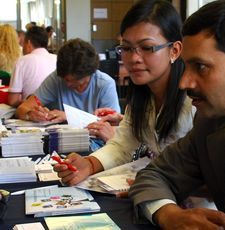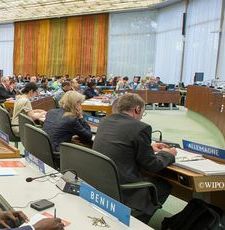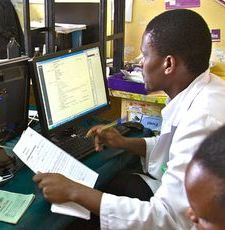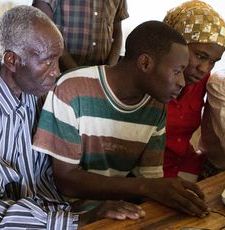This study was conducted with the cooperation of eIFL.net, the University of Kansas Libraries, the DRIVER project and Key Perspectives Ltd.
The aim was to create an inventory of current digital repository activities in developing and transition countries at both the infrastructure and services level. This is the first attempt to collect such data about digital repository activity in developing and transition countries and we hope this will serve as a useful resource for promoting open access and repository development in these regions. This report was produced in the framework of the eIFL-OA advocacy program supported by Open Society Institute and the Wellcome Trust.
Download the report and the data. It is also available at KU ScholarWorks.
Summary:
Over the course of six months, 49 repositories from 20 countries on three continents participated in this survey. The following countries are represented: Argentina, Azerbaijan, Brazil, Cameroon, China, Ghana, Hong Kong, India, Jamaica, Kyrgyzstan, Mongolia, Namibia, Poland, Russia, Slovenia, South Africa, Taiwan, Ukraine, Venezuela, Zimbabwe.
As of May 20, 2010, The Registry of Open Access Repositories (ROAR) lists 277 repositories from these 20 countries (160 of those repositories (58%) are from Brazil, India and Taiwan). The repositories responding to this survey are not necessarily listed in ROAR.
There is a large diversity in size, geographic location, and cultural environment among the responding institutions. The survey does not compare responses among different countries or regions, nor try to identify characteristics of repository development in specific countries. There are undoubtedly a great many local challenges and circumstances that are not reflected in the survey data. Instead the survey attempted to gather information from a broad spectrum of institutions in developing and transition countries in order to get a better understanding of the current state of repository development in these countries and to identify general trends and challenges.









